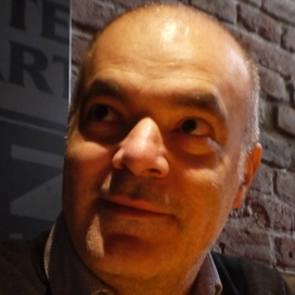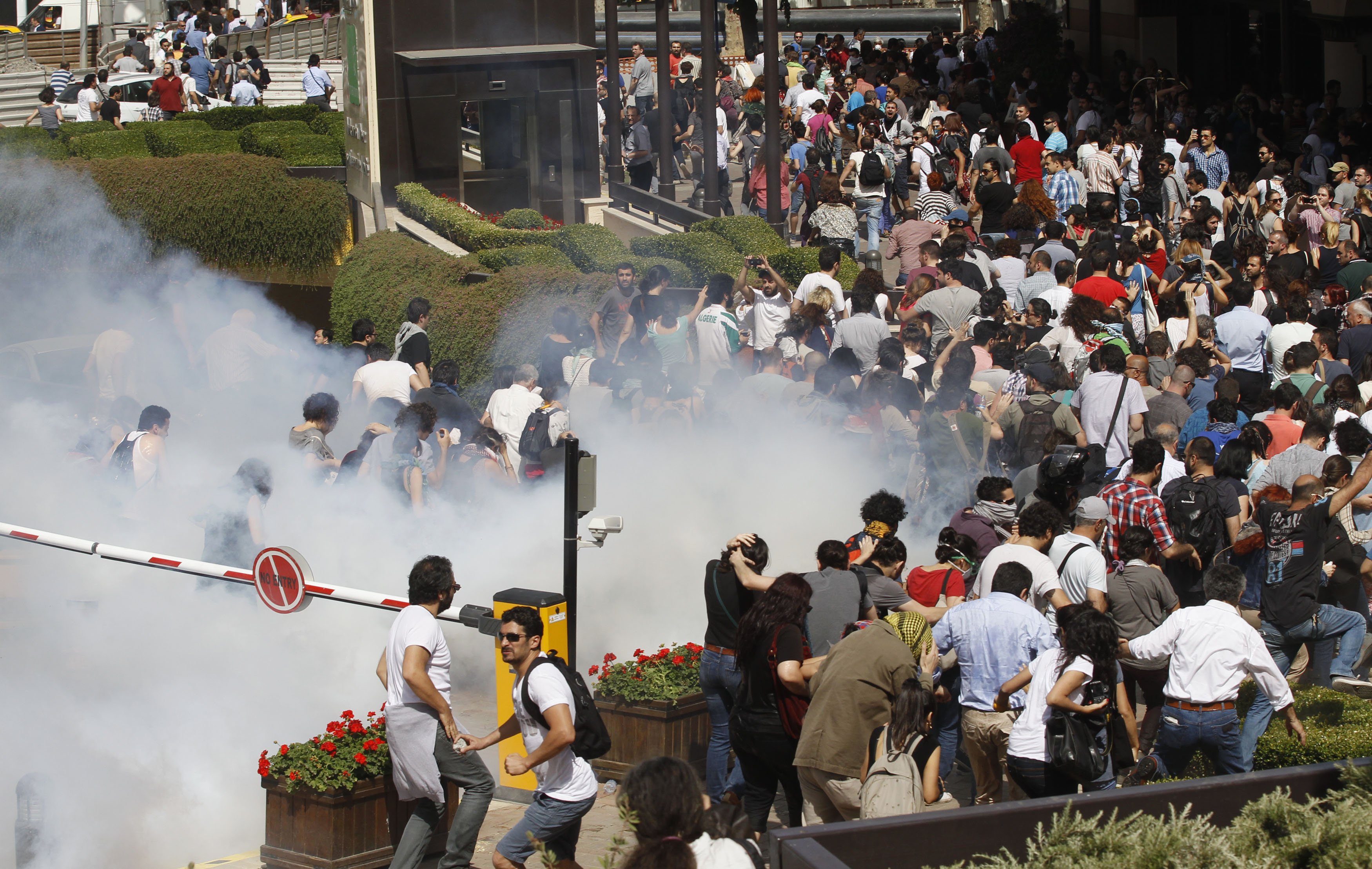
We firmly believe in the principle of non-violence and working only with organisations that work with the lawful framework of these countries.
Ali Gharavi is an Iranian-Swedish writer, playwright and information technology strategy consultant.
Having studied for an advanced degree in Electrical Engineering with a focus in Robotics, Ali spent some years working in the corporate sector before becoming the head of Information Technology at the Center for Victims of Torture (CVT) based in Minneapolis, USA, an organisation providing direct support to survivors of torture and carrying out international advocacy to end torture and inhumane treatment. At CVT, Ali was responsible for Information Technology strategy and also contributed to CVT's "New Tactics for Human Rights" project.
Ali subsequently spent time working for Tactical Technology Collective, directing their "Privacy and Expression" programme, which sought to increase public awareness on issues related to privacy and security on-line, and facilitate Human Rights Defenders' access to tools and resources for digital strategy and security. For the last three years, as an independent consultant, Ali has collaborated with a wide range of respected Human Rights and Development organisations (including Hivos, Front Line Defenders) on strategies for sustaining and securing human rights and development work. He has facilitated collaboration between experts in psychosocial care, protection, and digital strategy in order to provide better support to human rights defenders. Ali has also played a key role in pushing for better ethical and pedagogical standards in teaching and coaching NGOs on their use of information technology. Writing under the pen name of Ali Ravi, he has contributed to a number of materials for human rights defenders on these topics.


